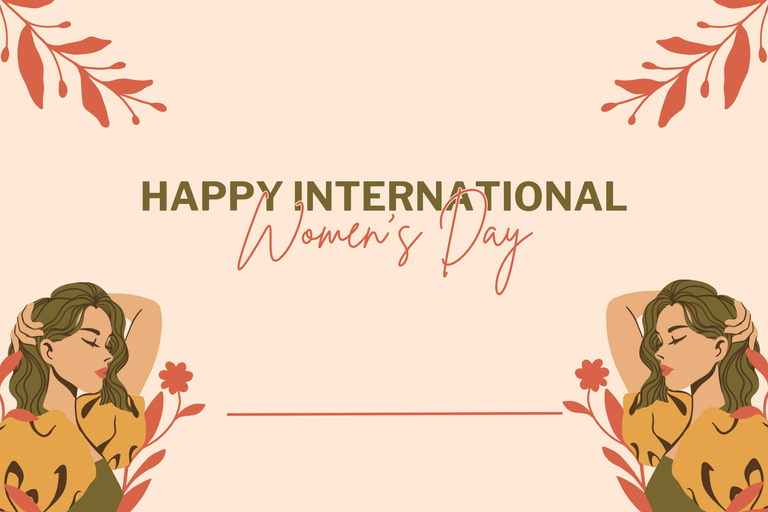
Did you know a simple protest for bread once rewrote history?
In 1908, women endured 14-hour days in hazardous factories earning half a man's wage without voting rights or property ownership. Just a year later, on February 28, 15,000 women marched through New York City demanding basic dignity and survival.
This initiative inspired German feminist Clara Zetkin to propose an annual Women's Day at the 1910 International Socialist Women's Conference in Copenhagen. Her idea was to promote equal rights, including women's right to vote. The proposal was unanimously accepted, leading to the first International Women's Day on 19th March 1911, with over a million participants across Europe demanding voting rights and labor protections.
But everything changed on 8th March 1917 when World War 1 had devastated Russia. Women worked endless factory shifts amid severe food shortages and soaring inflation.
In desperation, Russian textile workers marched for bread and peas. Within a week, their protests sparked a revolution that toppled the 300-year Romanov dynasty.
This monumental event cemented March 8th as International Women's Day, now globally recognized to celebrate women's achievements and advocate for gender equality. These milestones highlight how collective action for basic rights can lead to profound societal transformations.
